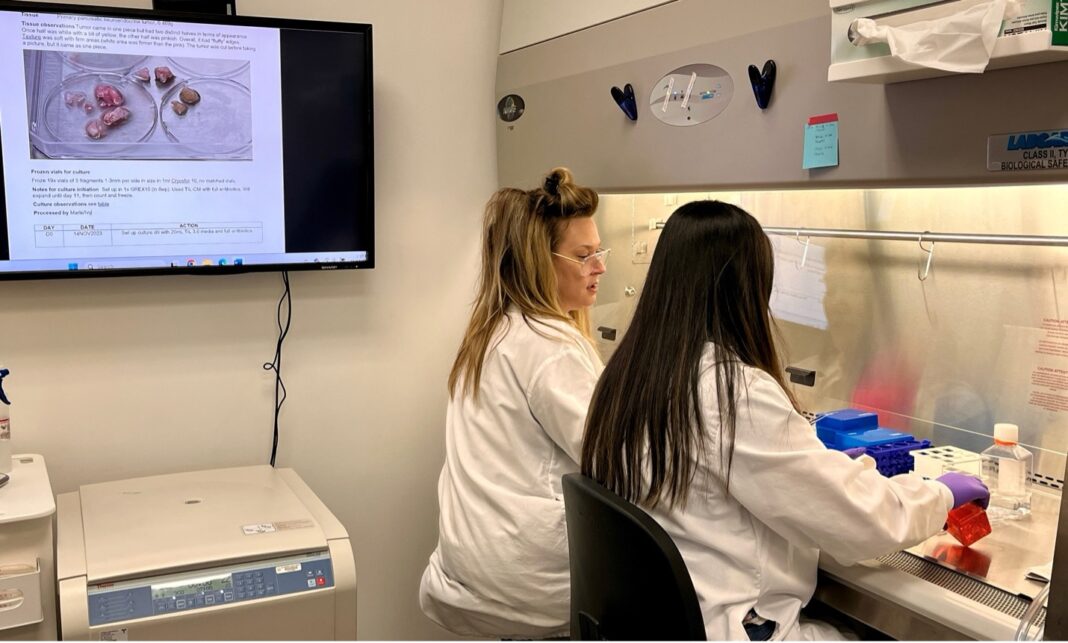In February, the FDA approved the first cancer therapy based on tumor-infiltrating lymphocytes (TILs). Although most advanced immunotherapies, such as CAR-Ts, have been largely aimed at blood-based cancers, TILs can take on solid tumors, which “represent greater than 80 percent of cancers,” says Jason Bock, PhD, CEO of CTMC, which develops and manufactures cell therapies in Houston, TX. As Bock puts it: “TILs are designed to meet the challenges of solid tumors.” In brief, that’s because TILs found their way to a solid tumor, got inside it, and survived.
CTMC collects a sample of a patient’s tumor from a surgery. “We bring that into the manufacturing facility and then have processes to extract the T cells that are residing in that tumor—lymphocytes that are residing within that tumor,” Bock says. “And those are already enriched for, presumably, tumor-reactive lymphocytes, not just any old lymphocyte floating around.”
Compared to CAR-T therapies, he says, “specificity is already wired into TILs, and they are polyclonal so ready to recognize different tumor antigens right from the start,” which should help them battle a tumor’s heterogeneity.
Nonetheless, tumors fight back against TILs. “Those cells are not in the greatest shape,” Bock says. “So, we give them the Club Med treatment with a manufacturing process that is proprietary to MD Anderson.” Plus, that process can use a sample from a needle biopsy of a tumor as starting material. The revived TILs can be expanded and used as is or enhanced with genetic engineering before being infused into the patient.
CTMC focuses on genetically-engineered TILs. “We enhance their fitness and make them even stronger or armored against the tumor microenvironment,” Bock says. For example, the TILs can be engineered to block a tumor from secreting specific cytokines, like TGF-β, that repress the immune system or to secrete a cytokine, like IL-15, that stimulates the immune system’s T and natural killer cells.
When asked about the most challenging part of turning TILs into therapies, Bock says that it’s expanding a sample into hundreds of millions or billions of cells. In fact, he says that the entire TIL manufacturing process is still very specialized, and it’s a “make or break moment in getting to a therapeutic.”
Bock expects to see TIL-based therapeutics being developed for a wide range of solid tumors, even ones that have been extremely resistant to treatment, such as pancreatic tumors. “From an engineering standpoint, there are multiple avenues you can take,” Bock says. “So, I think a lot more collaboration and innovation will pour into this space.”


